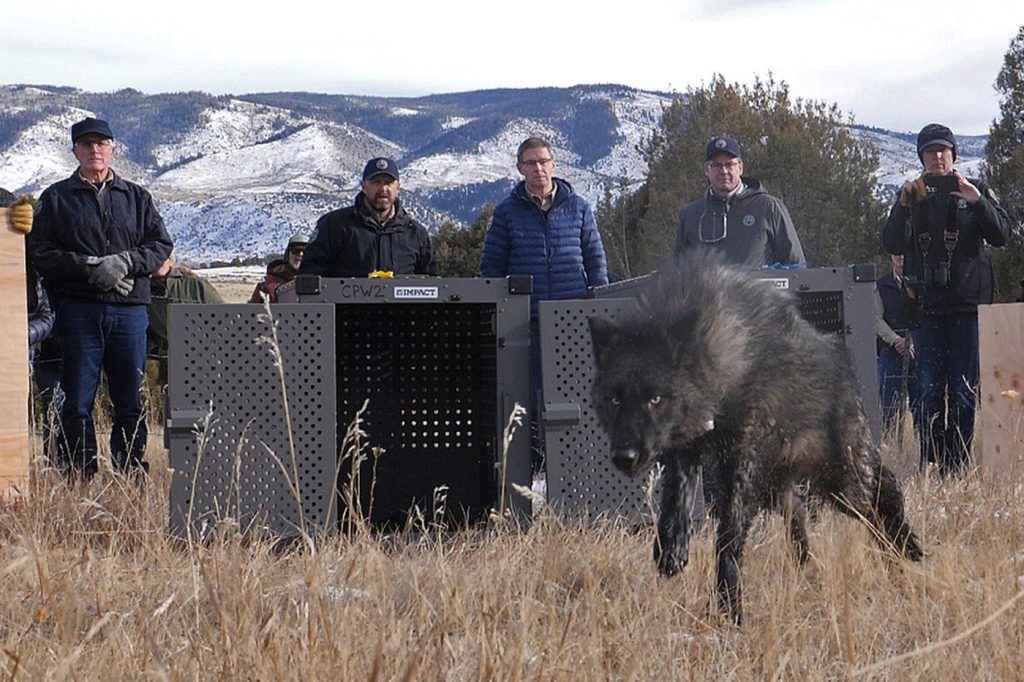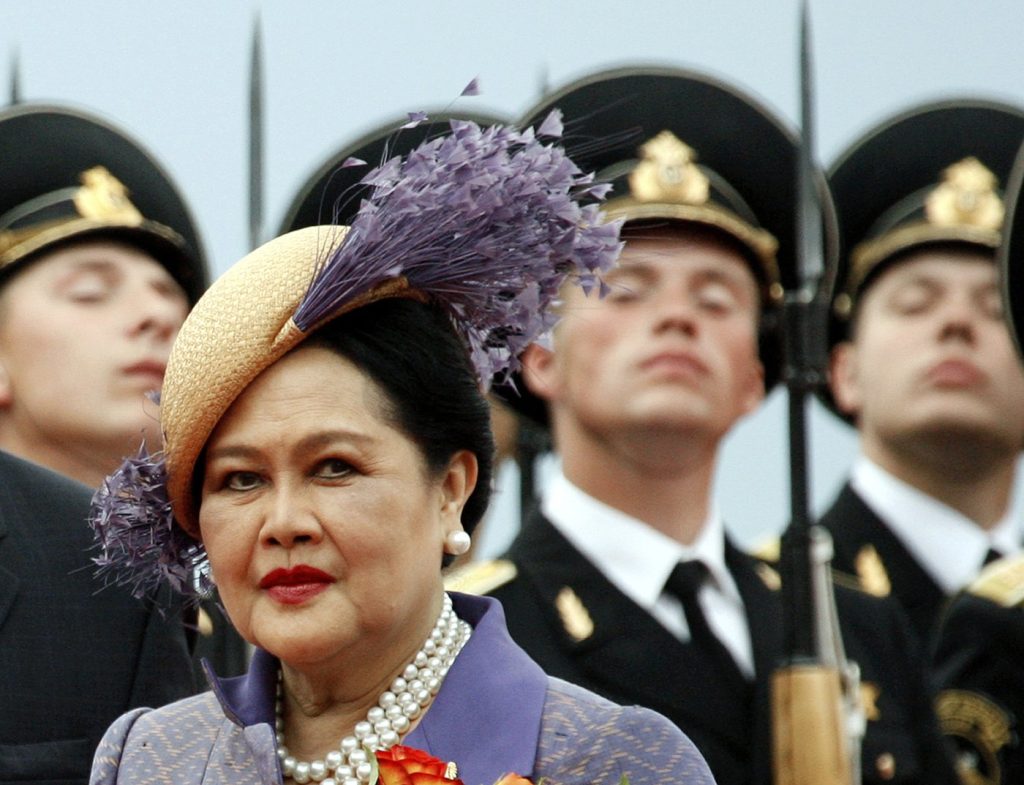FORT COLLINS, Colo. (AP) – The Trump administration has intervened in Colorado's gray wolf reintroduction efforts by instructing the state to halt the importation of gray wolves from Canada. This policy change poses significant challenges for Colorado's plans for additional wolf releases set for the upcoming winter season.
Since 2023, Colorado has been actively reintroducing gray wolves west of the Continental Divide, following a narrow voter approval for the initiative in 2020. Currently, approximately 30 wolves occupy various mountainous areas of the state, with management plans projecting the establishment of a population of over 200 wolves in the long term.
The reintroduction program has faced backlash, particularly from rural communities where wolf predation on livestock has been reported. Following two successive winters of wolf releases during the Biden administration, it appears that opponents of the wolf reintroduction have garnered support from federal officials under the Trump administration.
In a recent letter, U.S. Fish and Wildlife Service Director Brian Nesvik reiterated that Colorado can only source wolves from Northern Rocky Mountain states. "Colorado must immediately cease and desist any and all efforts related to the capture, transport, and/or release of gray wolves not obtained from the northern Rocky Mountain states," Nesvik stated.
The Northern Rockies states, including Idaho, Montana, and Wyoming—regions where wolves were reintroduced in the 1990s—have expressed their unwillingness to participate in Colorado’s restoration efforts. This situation leaves Colorado in a precarious position as the state aims to relocate 10 to 15 wolves through an agreement with the British Columbia Ministry of Water, Land and Resource Stewardship. Colorado Parks and Wildlife spokesperson Luke Perkins indicated that this agreement was established before receiving the directive from Nesvik.
Despite previously sourcing wolves from Oregon, the most recent releases in Colorado have been from British Columbia. The conflict now centers around whether the federal agency's stipulation requires that wolves for Colorado's "experimental" population exclusively come from northern U.S. Rocky Mountain states.
A federal notice issued in 2023 indicated that while the northern Rockies region was referenced as the "preferred" source for wolves, it did not explicitly state it as a requirement. Defenders of Wildlife attorney Lisa Saltzburg criticized the Fish and Wildlife Service's interpretation, arguing that it unfairly limits the source of wolves to just Canada or Alaska.
Colorado residents are encouraged to take pride in the state's commitment to conservation and coexistence, with Saltzburg highlighting that the wolf reintroduction program embodies these values. Meanwhile, the governor's office, along with Colorado Parks and Wildlife, is in communication with the Interior Department regarding the letter and is exploring "all options" to ensure the continuation of this year's gray wolf releases.
As the situation develops, Fish and Wildlife Service spokesperson Garrett Peterson, currently unavailable for further comments, will address the public once the government shutdown concludes. This ongoing issue highlights the complexities involved in wildlife management and conservation efforts amidst political shifts.












